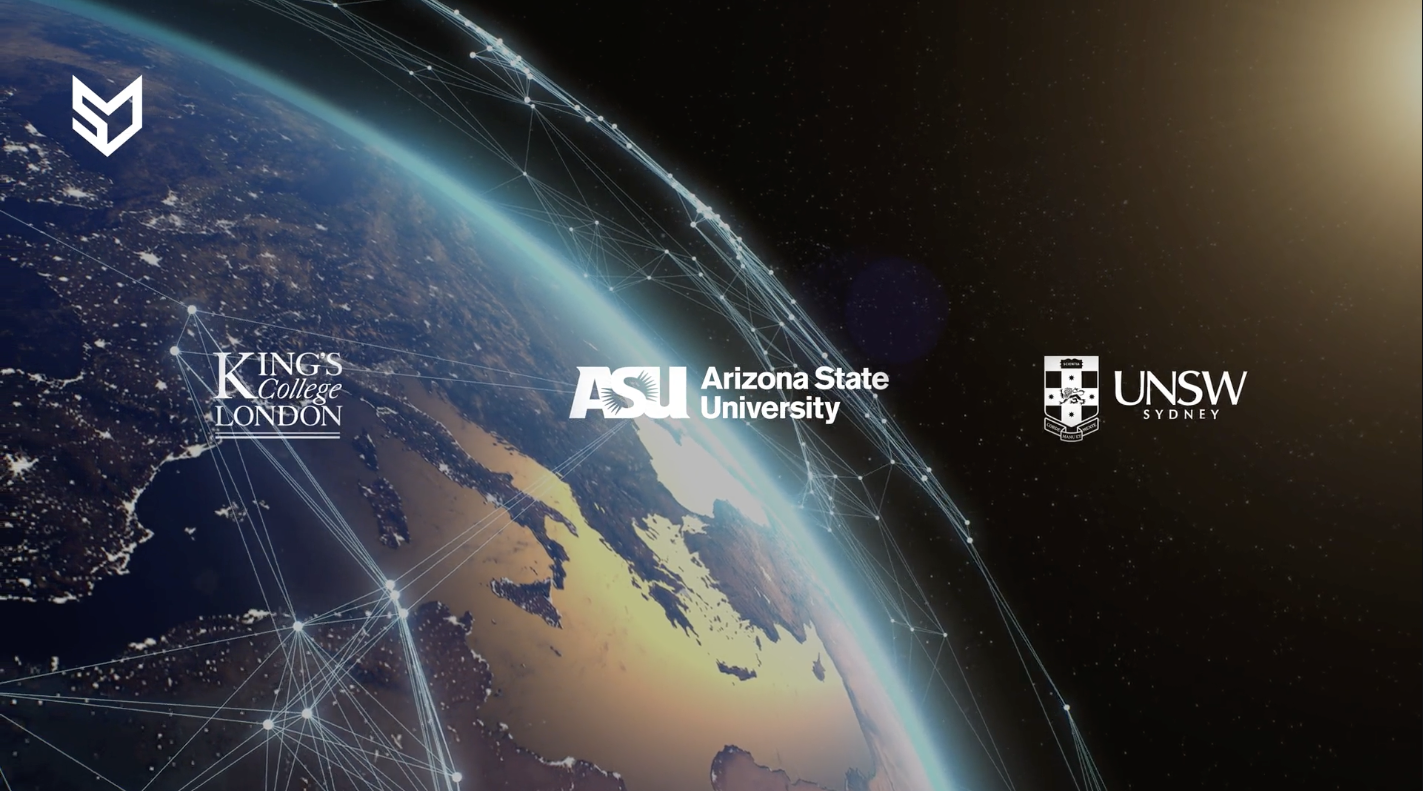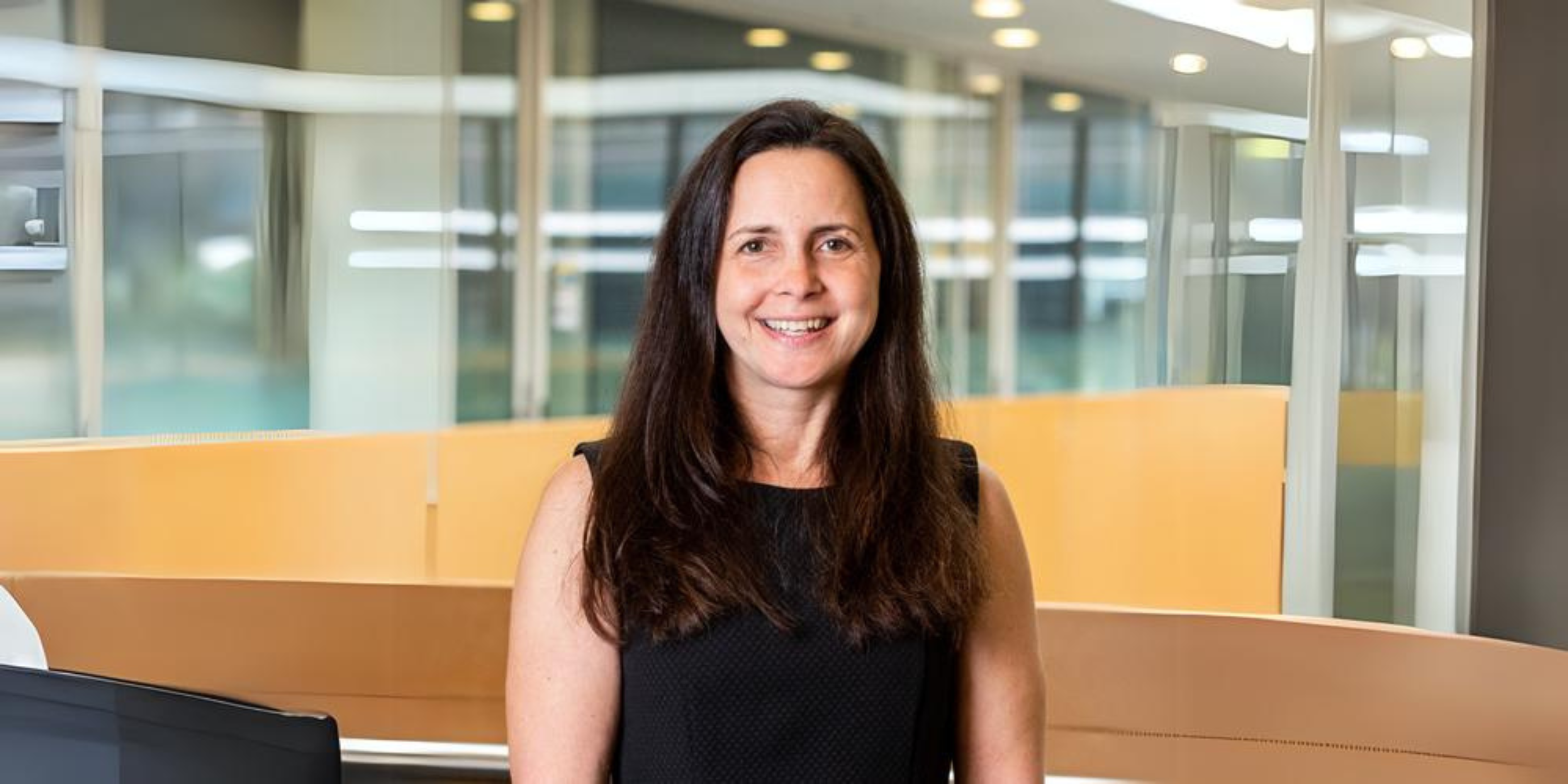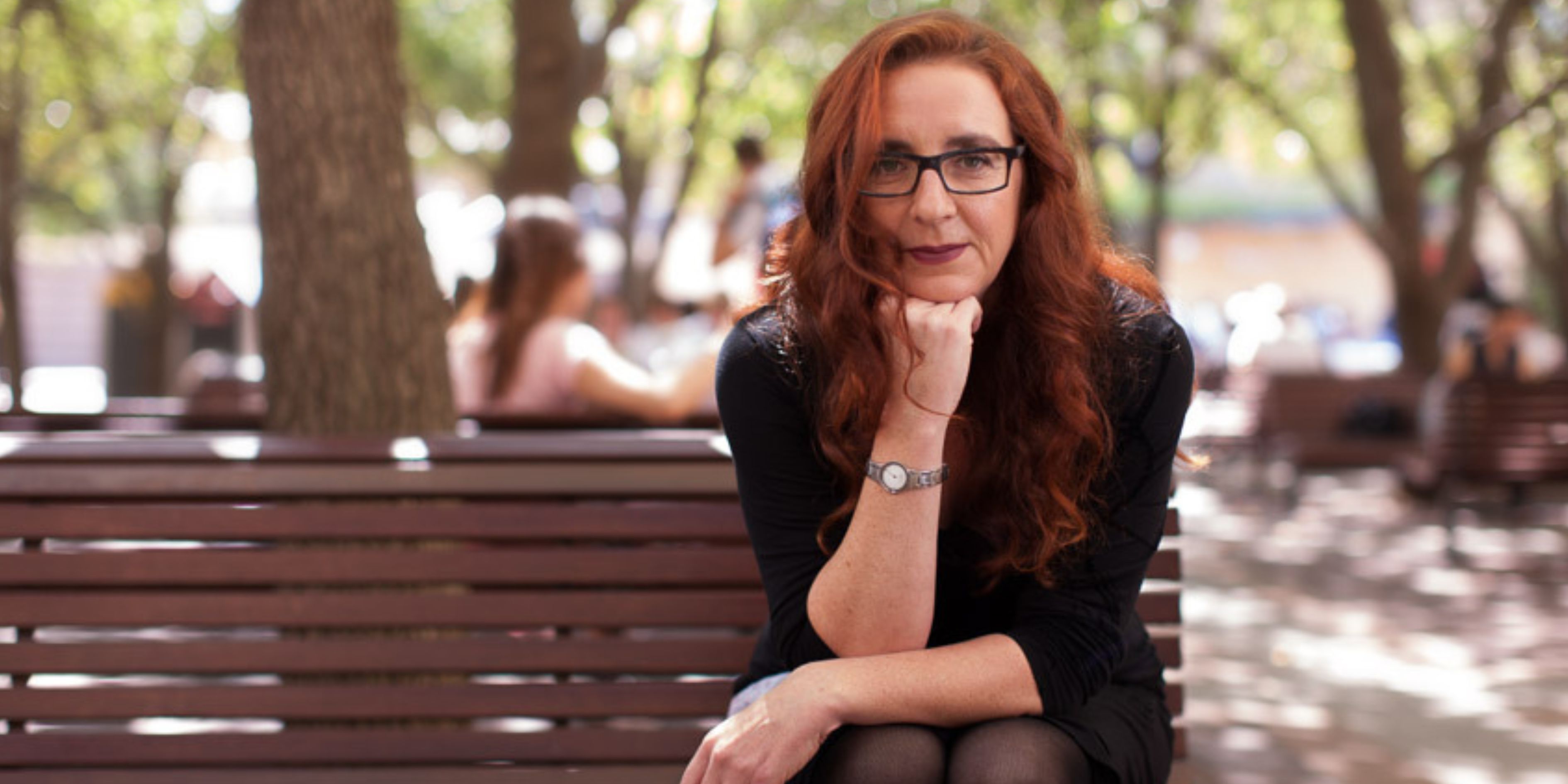In this 8th edition of Visible Women, we feature Dr. Wing-Fai Leung, Reader in Cultural and Media Industries at the Department of Culture, Media and Creative Industries, King’s College London.
Dr. Leung’s extensive expertise spans East Asian film and media, digital entrepreneurship, politics of representation, and combatting anti-East and Southeast Asian racism.
In this interview, we discover how Dr. Leung challenged racist language head-on with Wikipedia, the impact of unconscious bias on confidence, and discuss why it’s time for men — and workplaces — to recognise the impact that caregiving duties have on the achievements of women.
Tell us a bit more about yourself and your background
I’m a Reader in Cultural and Media Industries at the Department of Culture, Media and Creative Industries, King’s College London, UK (KCL). Before joining KCL, I taught and researched at University College Cork, Ireland; Institute of Sociology, Academia Sinica, Taiwan; and University of St Gallen, Switzerland.
My research expertise covers the East Asian film and media industries, digital entrepreneurship, politics of representation, and anti-East and Southeast Asian (ESEA) racism. My monographs include Migration and Identity in British East and Southeast Asian Cinema (2023), Gender, Intersectionality and Digital Entrepreneurship: An East Asian Perspective (2018) and Multimedia Stardom in Hong Kong: Image, Performance and Identity (2014).
I am among the first scholars to theorise transnationalism in screen studies, co-editing volumes such as East Asian Cinemas (2008) and East Asian Film Stars (2014), and I have continued to set trends in this field, ensuring global dialogues in film and media studies.
My other main research interest is work and labour in the creative and media industries. I have advanced existing scholarship through an intersectional (overlapping systems of discrimination) intervention, focusing on multiple issues, including gender, race, class, disability and age. I also actively engage with under-researched work and labour issues in the Global South.
Tell us about your work combatting racism during Covid-19.
Since 2020, I have established strategic partnerships in response to the COVID-19 pandemic, particularly surging anti-ESEA racism and ESEA political activism in the UK. For example, I was among a group of academics and participants working together during a Wiki Editathon in 2022, reversing a previous decision by Wikipedia to deny the existing use of ‘ESEA’ by suggesting that the problematic term ‘Orientals’ was more acceptable in the UK. Through this intervention, we were not only able to challenge racist language but also build public knowledge.
What challenges have you overcome to get to where you are today? And how did you overcome them?
I was born to a middle-class family in Hong Kong and migrated to the UK when I was a teenager. Thinking back, I’ve been the subject of at least unconscious bias due to my race and gender, whether in work, education, or interpersonal relationships.
This kind of bias is the hardest to detect, and it can undermine our confidence over time. Despite this, I’d push myself forward and assert entitlement as any other person would.
However, more recently, I became aware that even though adopting this attitude might be useful given my personal circumstances, it was not enough. While I do not wish to be seen as a scholar-of-colour representing certain groups in the community, I have begun to view these challenges as opportunities to engage in collective action.
In particular, I use my role as an academic researcher and educator to engage in debates about racism and misogyny. I’ve joined forces with other ESEA scholars and activists in the UK to challenge anti-Asian racism. I was involved in leading a collaborative creative project ‘I, Human. Becoming Visible', which yielded, as a result, several poignant works that tackle these prejudices. Some of the creative writing and films specifically contest the racialised and misogynistic stereotypes of ESEA women and foreground the negative impacts of these representations.
What is your ultimate ambition, and how do you plan to get there?
Leadership isn’t about a particular position, so my ambition is to be a good role model as a woman of colour in academia: demonstrating specialist knowledge in my field; mentoring and supporting students and more junior colleagues, especially those from non-traditional backgrounds; challenging injustices, racism and gender discrimination.
Most universities in the UK, including KCL, are keen to increase diversity and achieve gender equality. However, some of the initiatives and policies can be instrumental. In my job, I want to ensure discussions and dialogues around equality, diversity and inclusion are continuous, and to motivate others to strive for fundamental cultural change. This way, our actions reflect the responsibilities of the education sector as the progenitor of lasting positive societal change.
What is the one thing you would like to see changed in your area/sector that will move us towards gender equity in the workplace?
Many female academics continue to sacrifice their careers to have more time for family and care responsibilities—the imbalanced outputs can be significant, which was highlighted clearly during the pandemic (see Lantsoght et al. 2021).
I’d like to see more recognition of the impacts of personal circumstances in the assessment for outputs, tenure applications, and progression at universities. I’d also like to advocate for fundamental cultural change (see above).
Male academics should acknowledge their privileges, and if they advance their career while a partner at home carries out more care responsibilities, consider how that can be changed. Collective action continues to play a role in overcoming these struggles in our fight to achieve gender equity, too, so solidarity among the groups that suffer workplace discrimination and their allies is vitally important.
What advice do you have for other women who want to enter your field /gain better recognition for their work?
The academia is tough, so it requires a lot of tenacity, perseverance and commitment to succeed. I think the university usually offers quite a flexible work environment. If not, then work with others—as well as through the unions—to demand better working conditions for women.
This is not about individualising women’s position in patriarchal societies but recognising traditional gender roles and the ways that we are socialised. Because of this, women sometimes need to correct the inherent sexism in the workplace, tell others about it and push for their companies and organisations to recognise and celebrate women’s success.
Connect with Dr. Wing-Fai Leung


